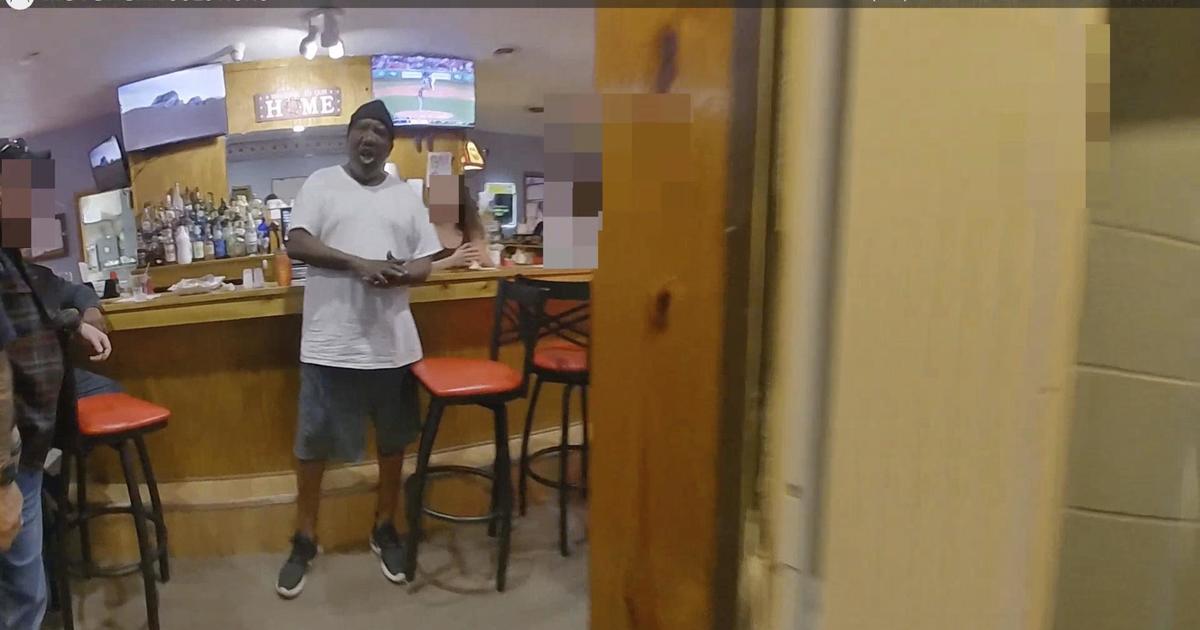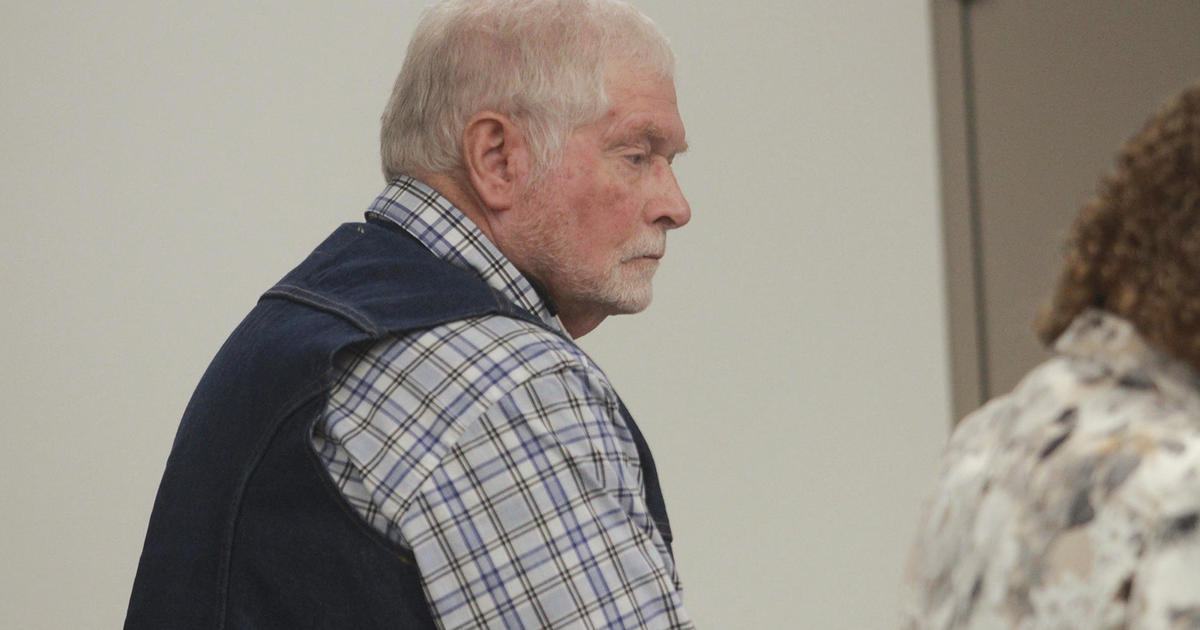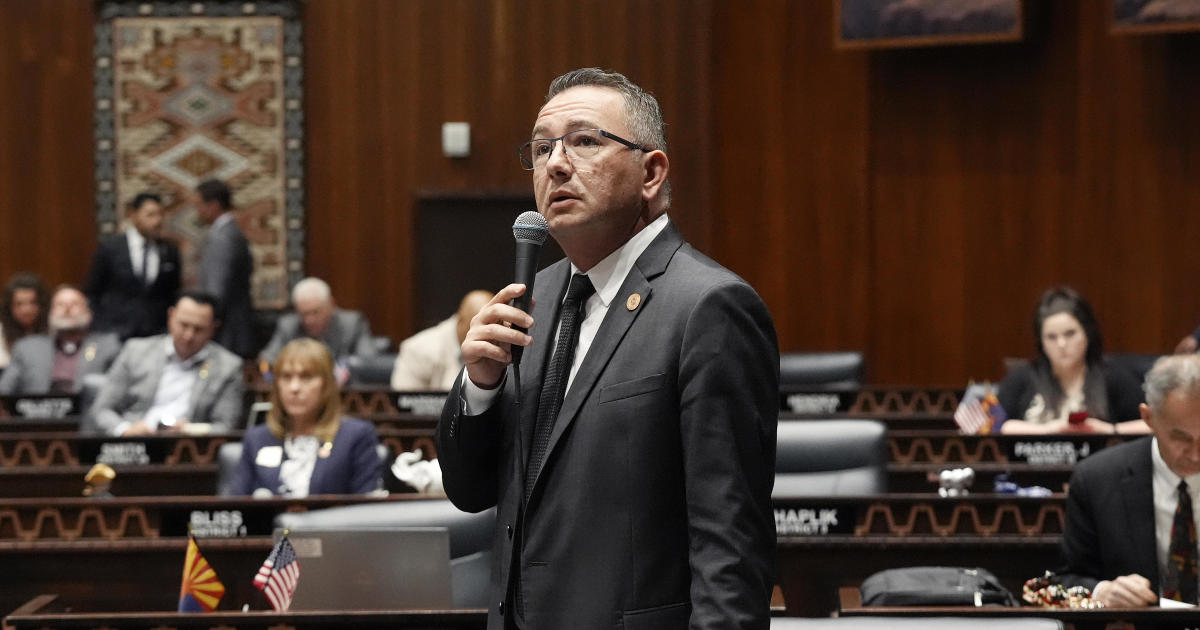Phoenix police chief "unafraid of the truth," as officer-involved shootings skyrocketed last year
A new report recommends changes to police training in Phoenix, Arizona, after the city had the most officer-involved shootings in the country: 44 in 2018. That is more than double the number in 2017.
By comparison the New York Police Department, the largest in the nation, had 17 officer-involved shootings last year.
Phoenix police chief Jeri Williams commissioned the study of her own department after she saw a troubling increase in the use of deadly force.
"There are some people who think, 'Well, are Phoenix police trigger-happy?'" CBS News correspondent Jeff Pegues said to Williams.
"There are some people who think a lot of things," Williams responded. "My agency's unafraid of the truth. If there's something we can learn, let's learn it, let's fix it."
A new National Police Foundation report says "there is no one issue" that caused the spike in officer-involved shootings in Phoenix, but notes "assaults on officers were higher than past years" and more of the subjects involved were armed.
Phoenix-based activist group Poder in Action said the Phoenix police department has a history of aggression and issued a travel advisory for minorities last year in response to police violence in the city.
Parris Wallace works with Poder in Action. She told us about one shooting last year involving 34-year-old Rabi Brown, who was shot and killed by police responding to a call at a bus terminal.
"He was sitting at one of the benches, and somebody said that they saw him playing with a gun," Wallace said.
Arizona is an open carry state, which means it's legal to carry a gun in plain sight. But at least one witness said she did not see Brown with a gun at the station, and that he appeared to be listening to music.
"They ended up boarding the bus and shooting him in front of over 30 people," Wallace said.
Police said Brown ignored commands to drop his weapon and produced a handgun from his pocket when they confronted him.
The national report also points to an increase of use of force incidents with no guns involved. Body cam footage shows the immediate aftermath of a Phoenix police officer's scuffle with a blind man named Marco Zepeda in a gas station bathroom last June. Zepeda said he was approaching the urinal.
"But I didn't hear anybody," Zepeda said. "So he comes and turns around and he says… I think, 'Get off of me,' and pushed me really hard. And that's when I started defending myself."
"I explain to him, 'Look at my eyes, I'm blind,'" he added.
"What did he say?" Pegues asked.
"He didn't care," Zepeda said.
Zepeda was charged with aggravated assault. He spent 24 hours in jail, but the charges were ultimately dismissed.
"You've seen the tape?" Pegues asked police chief Williams.
"I've not seen the tape – or have I seen the tape? I may or may not have seen the tape," she responded.
"Well, we can show –" Pegues started.
"I don't need to see the tape," Williams said. "I am not gonna discuss the Zepeda case. One, it's still an active and open investigation, and two, I believe we are in litigation with it," Williams said.
Asked whether she gets annoyed by the questions when incidents happen, Williams said, "Anytime something like that happens… it's troubling."
"You have to think about policy, procedures, practices," Williams said.
Helping oversee that effort is commander Jennifer Laroque. She runs a new training program at the Phoenix police academy, which includes implicit bias courses and de-escalation training scenarios.
"The old military style where we come in and we start screaming at people, that's not happening here anymore. We've changed that up," Laroque said, adding, "We need to get back to the basic skills of how to take someone into custody without considering using the tool belt as a first resort. Or if one of those fails, do we necessarily have to pull out our gun and… use deadly force?"
To bridge the gap between community and police, Williams said "it's about trust."
"Can we always work on trust? Absolutely. Can we always work on communication? Absolutely. And my agency is doing that," Williams said.
The National Police Foundation report notes Phoenix police have already made significant changes to their training programs. But there is no evidence yet that implicit bias training or de-escalation training will result in fewer officer-involved shootings.



